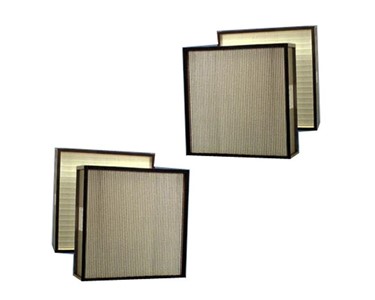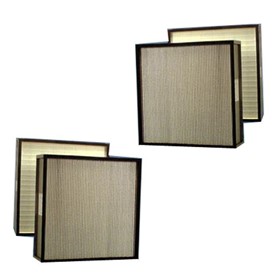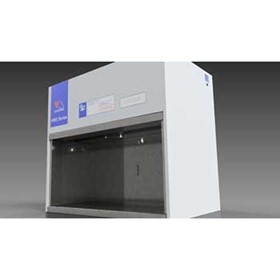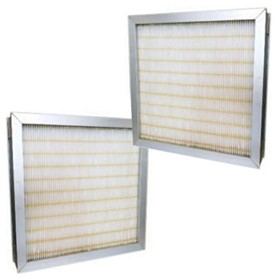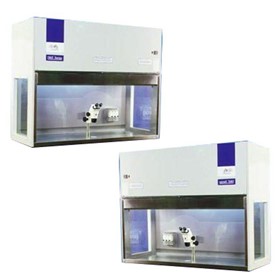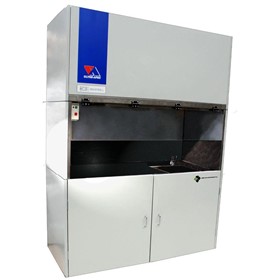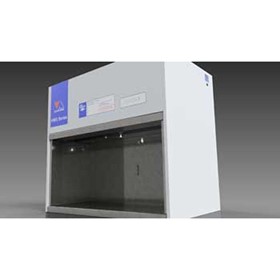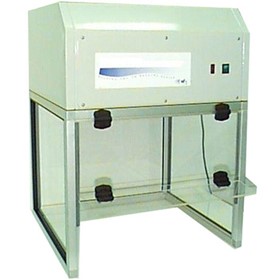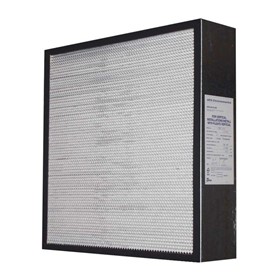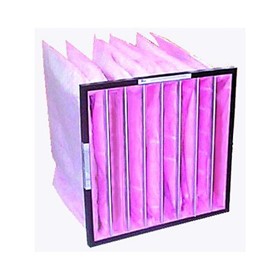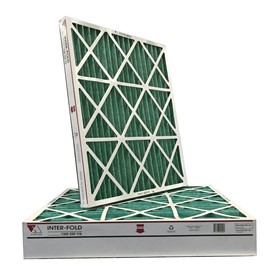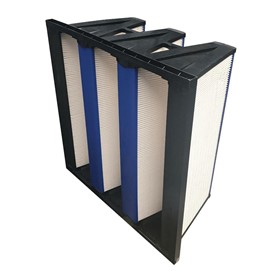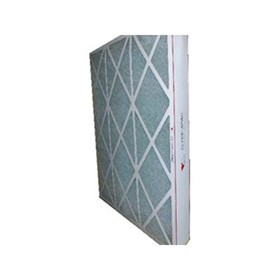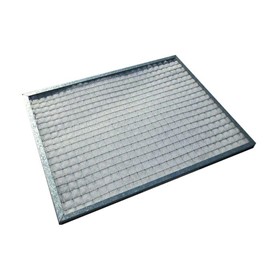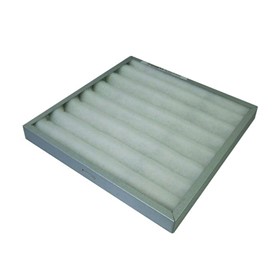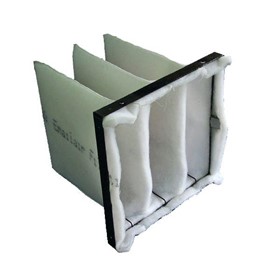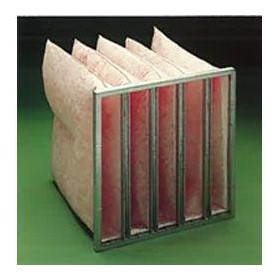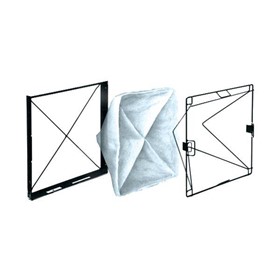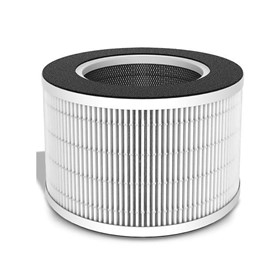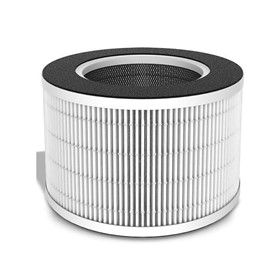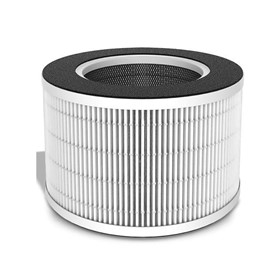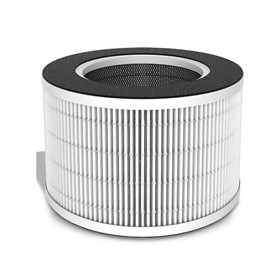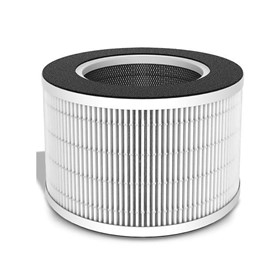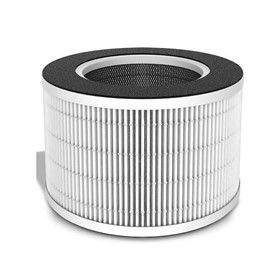DESIGN AND CONSTRUCTION
- Conventional Filters
- A continuous sheet of special microfine glass-fibre filter medium is pleated into a vee configuration with corrugated aluminium separators inserted between the pleats. This forms the filter element which is bonded into a rigid corrosion-resistant steel frame with all joints encapsulated and sealed in a special urethane elastomer. Filters for trace-metal laboratories are produced in ‘metal-free’ construction with wood frames and non-metallic separators. Standard filters have a closed-cell neoprene gasket on the air-leaving side, and filters for fluid seal installation have an extended frame with a 60mm skirt to engage the sealant channel. Filters are produced in a wide range of face dimensions and in two standard depths of nominally 150mm and 300mm.
- Minipleat Filters
- These filters are of low-depth construction and use very close pleating of the medium, with separation of the pleats achieved by means of continuous, narrow beads of a special hot-melt compound. Typically, a minipleat filter has similar airflow/pressure drop characteristics to a conventional filter of the same face dimensions, but has only one third of the depth of the conventional filter. Their light weight and compact dimensions make them the preferred selection for laminar flow cleanrooms and low-profile ceiling modules.
- Performance
- Each filter is individually certified to achieve an arrestance efficiency of not less than 99.995% to the stringent BS3928 Sodium Flame test. All testing is conducted in a ISO-registered factory laboratory, and a ISO-endorsed test label, being an extract of the test report, is affixed to each filter.
Installations
Standard filters are suitable for conditions up to 115ºC and 100% RH. Fluid seal filters are suitable for use up to 55ºC. ‘Type’ testing has shown that Microseal™ filters can safely withstand static pressures up to 2.5 kPa. However, in most ventilation applications, filters are selected to operate at much lower pressures, and are replaced when dictated by system fan performance, or at a specified final resistance. In typical laminar flow systems, filters have an initial resistance of 120-130 Pa, and are replaced if non-uniform airflow characteristics are observed or when increased resistance due to dust loading affects airflows.
TFP modules are terminal HEPA filter plenums fitted with Microseal™ filters, and are designed for ceiling installation in new cleanroom construction, or for upgrading existing rooms. These modules are suitable for use in ceilings of plasterboard or laminated-panel construction, and can be supplied in fan-assisted configuration. Holding frames that provide effective clamping and sealing of filters are available for ducted applications.
Quality Assurance and Control
HEPA filter and laminar flow products are manufactured in Australia under an accredited Total Quality Management system.


